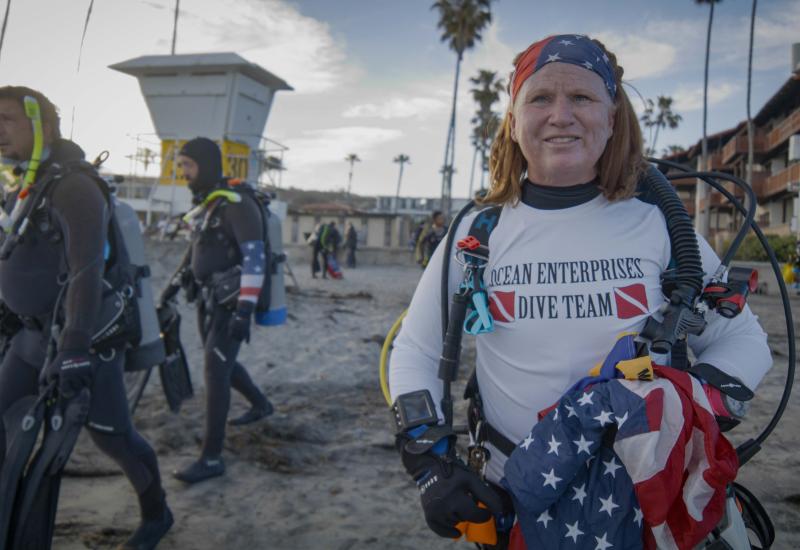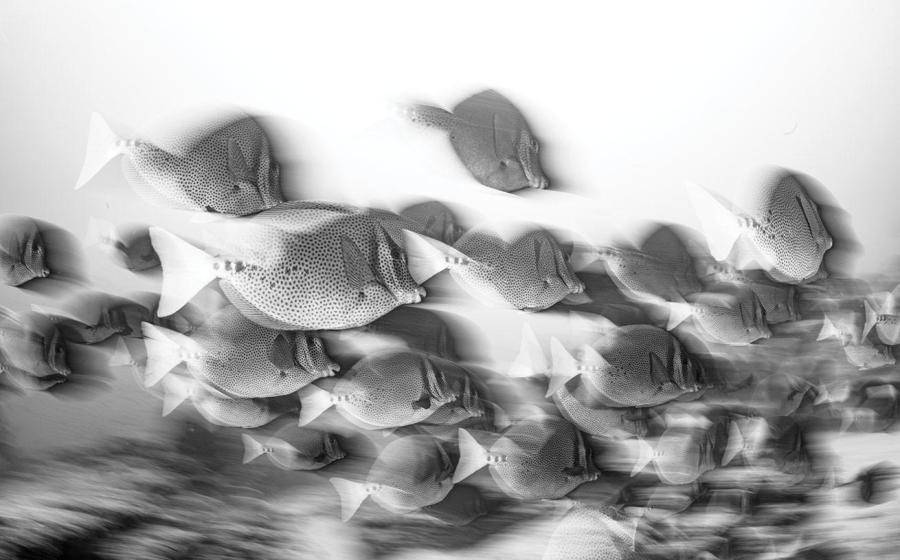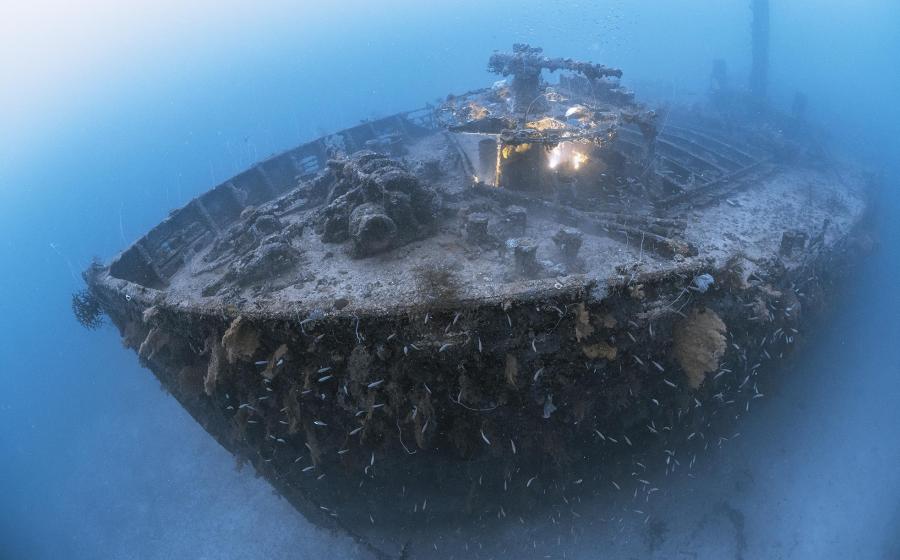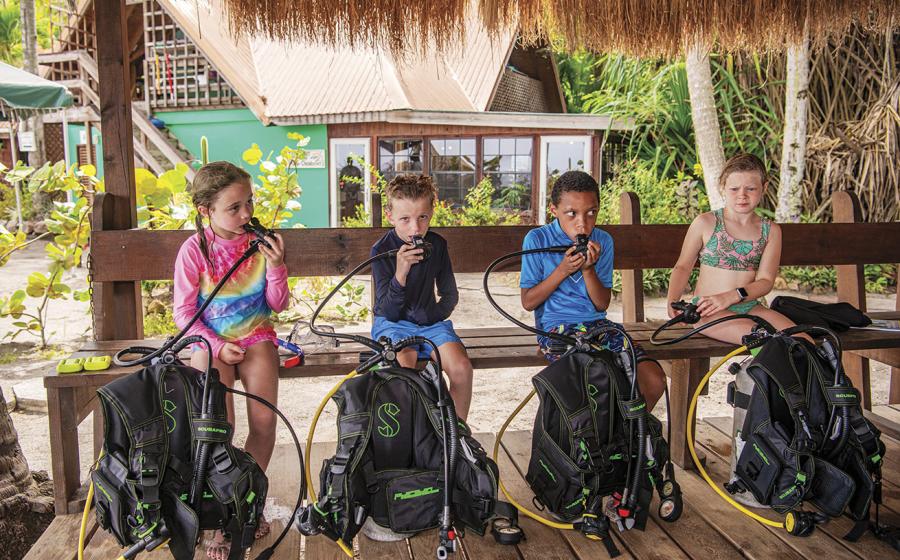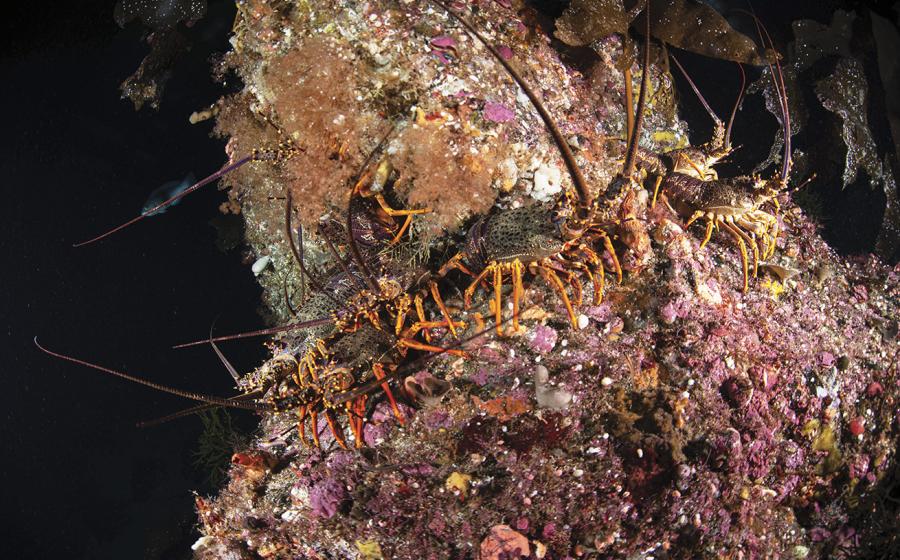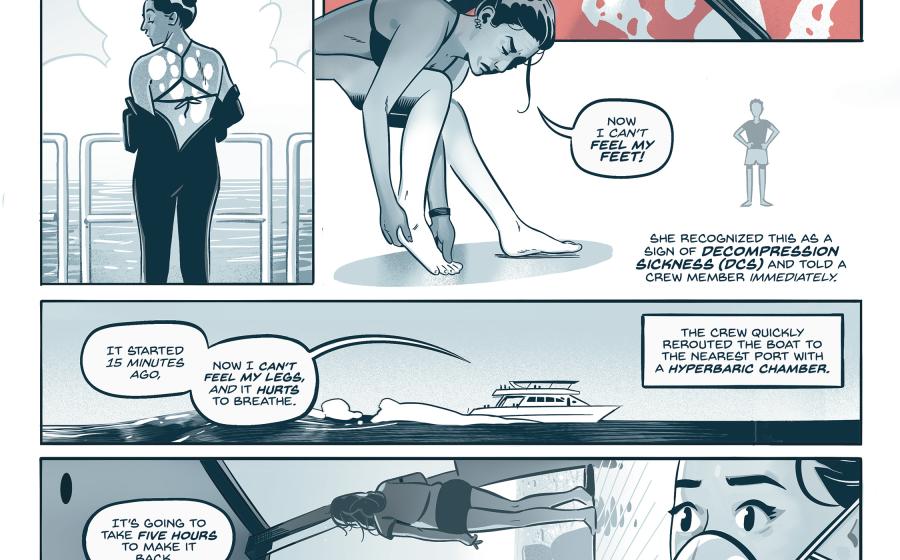Amanda Vincent named Sea Hero for Seahorse Conservation
YEAR DIVE CERTIFIED: 1979
AGE WHEN CERTIFIED: ‘If I said “babe in arms,” would you believe me?’
DIVE CERTIFICATION LEVEL: NAUI Scuba Diver, BSAC Open Water, Canadian Association of Underwater Science (CAUS) Science Diver 2
WORDS TO LIVE BY: ‘That’s a problem. What’s the solution?’
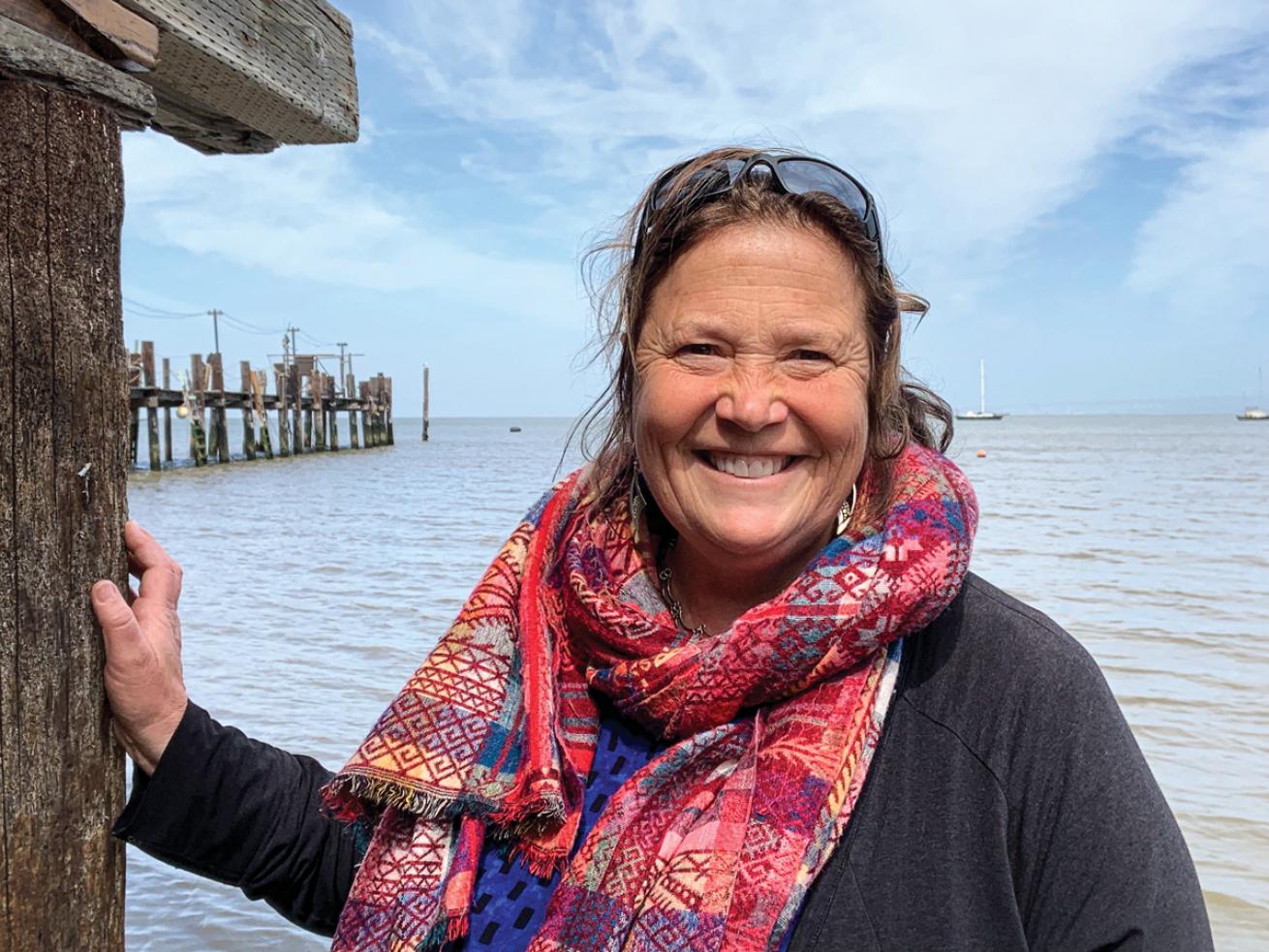
Courtesy Amanda VincentAmanda Vincent
Project Seahorse finds marine conservation solutions “by understanding interdependencies between marine life and human communities.” It successfully lobbied to add seahorses to the International Union for the Conservation of Nature's Red List of threatened species; empowered a regional coalition of 1,000 low-income fishing families in Asia; and trained over 175 professional conservationists and many more citizen scientists. For that and more, its director and co-founder Amanda Vincent is our April Sea Hero.
Q: What led you to seahorses?
A: I’m besotted, like most divers. I was first fascinated by their male pregnancy. For my PhD, I wanted to understand the evolution of sex differences; seahorses raised some pretty intriguing questions. The quest to safeguard seahorses and their spaces has driven me forward for more than 35 years.
Q: When did you realize that conservation requires local stakeholders?
A: Project Seahorse has long recognised that conservation is essentially about reconciling social concerns and economic needs with ecological imperatives. Working with the Haribon Foundation in the Philippines in the 1990s showed me the way forward; based on their model, our field teams always involve both community organizers (social workers) and ecologists. Such two-pronged approaches help generate solutions that are locally driven and are thus durable.
Q: Recently IUCN orgs adopted new policies that started with Project Seahorse?
A: As Chair of the IUCN SSC Marine Conservation Committee, I am really pleased that we have helped the IUCN grow its mandate to act on ocean issues. First, we generated Resolution 107 which requires more than 1400 member organizations to act on Fisheries conservation. Amazingly, the IUCN has largely neglected fisheries even though they pose the biggest threats to marine biodiversity. Second, we created and promoted Resolution 95 on conservation of seahorses, pipefishes and seadragons, which demands significant IUCN collective action for our own quirky fishes. Co-ordinated global action is vital to complement local and national initiatives.
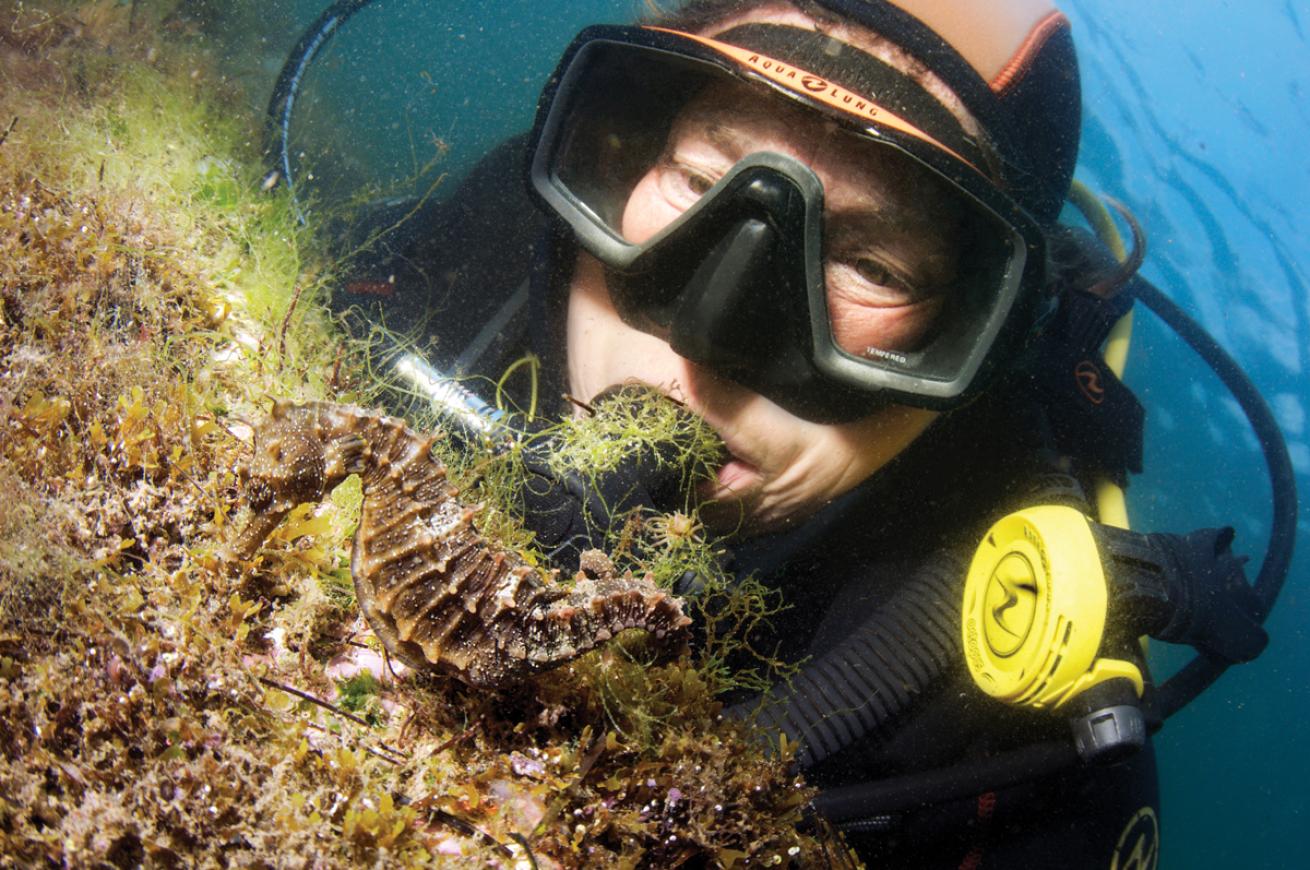
Courtesy Amanda VincentI loved the intimacy of being part of the seahorses’ lives and how little my presence bothered them,” says Vincent, the first ocean advocate to win the world’s top award in animal conservation, the Indianapolis Prize, in 2020.
Q: What’s the greatest threat or threats to seahorses and how can divers help?
A: Bottom trawlers and other forms of non-selective fishing gear pose by far the greatest threat. Hundreds of thousands of bottom trawlers around the world scrape the ocean floor, grabbing all marine life in their path and leaving a trail of destruction. We need to #EndBottomTrawling for ecological, social and economic reasons. Divers could learn more and speak up. Also, we urgently need photos, videos and information that can help tell the story of trawl damage and mobilise action.
"Most elected officials have never even thought about ocean needs, yet we are all intimately connected to marine life, wherever we live."
Q: What are the greatest overall challenges in marine conservation?
A: To ensure that billions more people vote and act on behalf of the ocean. The more we all embrace marine life with our heads, hearts and guts, the better protected it will be. Most people think of the ocean only at the beach or on its surface. So scuba divers have a huge role in sharing the wonder of the ocean. My team’s work on iSeahorse.org (please log your seahorse sightings) and our storytelling through conventional and social media contributes to that effort.
Q: What's your most satisfying moment?
A: In Sydney Harbour (Port Jackson) in Australia, I came to know one community of seahorses so well from daily research dives that I could predict reliably who would mate with whom, In what exact location and at what approximate time. I loved the intimacy of being part of the seahorses’ lives and how little my presence bothered them.
Q: What's your most surprising moment?
A: It was just thrilling when pretty much all the countries in the world voted, in 2002, to limit exports of all seahorses to levels that did not damage their wild populations. This agreement by the UN Convention on International Trade in Endangered Species (CITES) was a global first for any marine fishes and was driven by my team’s research and policy work. The seahorse vote helped catalyse similar protections for sharks, rays, sawfish, humphead wrasse, and other species that matter to divers. Now our job is to help 182 countries implement CITES effectively for conservation of these listed species, a role we actively embrace.
Q: Who are your "sea heroes"?
A: I am so impressed by fishing families on Danajon Bank, a double barrier reef along the island of Bohol in the central Philippines. Despite having very little material wealth, they collaborated with us to establish meaningful marine protected areas (MPAs) that they steward and protect. These areas help marine life recover AND support local fisheries. In taking risks to help the ocean, these villagers are both heroic and pragmatic, the best combination of characteristics.
Q: What else would you like readers to know? A: To protect marine species at the centre of our concerns, seahorses in our case, we have to ensure that their habitats and ecosystems are in good shape. This means working with fishers, coastal developers, shipping companies and more and requires good governance in villages, regions and at the national level. It also means influencing global initiatives and adjusting human behaviour from self-indulgence to self-discipline.
Please use your voice and your vote to help. In particular, vote for ocean conservation, and challenge elected officials on their positions. Most have never even thought about ocean needs, yet we are all intimately connected to marine life, wherever we live. All trickles flow to the sea just as all small actions add up to a powerful force.



